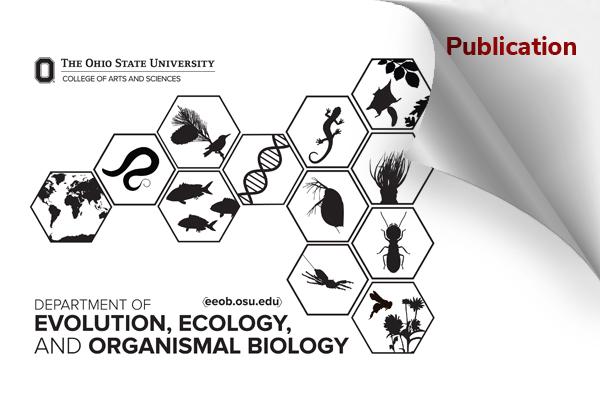EEOB Publication - Pennock

Rapid recovery of an arctic lake ecosystem from a pulse disturbance caused by thermokarst failure
Phaedra Budy, Casey. A. Pennock, Sarah Messenger, Hunter Pehrson, Emily Adler, Gary P. Thiede, Natasha R. Christman, Byron C. Crump, Anne E. Giblin & George W. Kling . Oecologia 207, 82 (2025). DOI: 10.1007/s00442-025-05681-9
Abstract
Due to rapid climate change, arctic ecosystems are experiencing an increase in disturbances including localized land-surface failures caused by melting ground ice (thermokarst failures). These failures result in the mass transport of sediment and organic materials into surface waters, with the potential to dramatically alter aquatic ecosystem function and biotic interactions. We coupled direct comparisons and long-term data of a suite of abiotic and biotic variables in a thermokarst-impacted lake and nearby reference lake to assess the impacts of thermokarst failure. After the thermokarst failure and relative to long-term averages, water transparency was substantially reduced. We hypothesized there would be subsequent changes to lower trophic levels and profound declines in fish foraging efficiency. However, these characteristics were within the range of natural variability and/or rapidly recovered to values within the range of long-term variability. In addition, although there was limited evidence of taxa-specific changes, we did not observe any strong changes in the total relative densities, growth rates, or composition of the bacterioplankton and zooplankton communities, benthic macroinvertebrates, or changes in fish diet, that could be attributed statistically to the thermokarst event. In sum, the thermokarst disturbance had substantial effects on water transparency and some lower trophic levels, which surprisingly were not manifested in higher trophic levels. Overall, the lake ecosystem appeared resistant to thermokarst disturbance with rapid recovery within two years after the disturbance.
